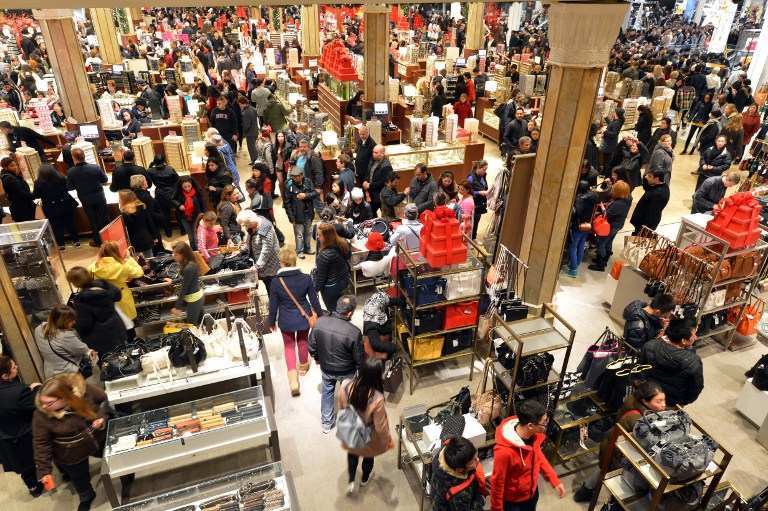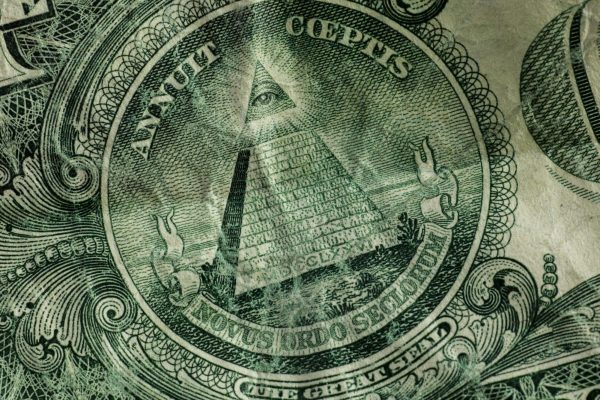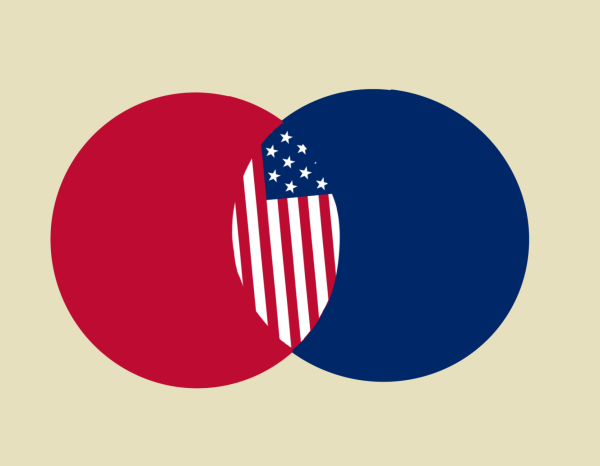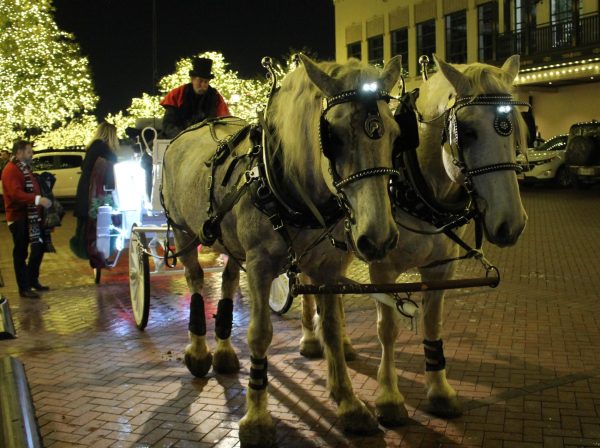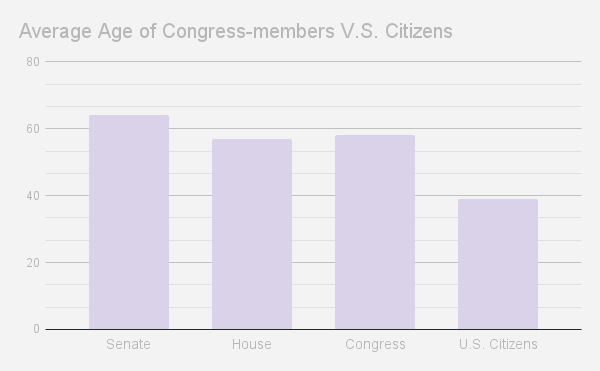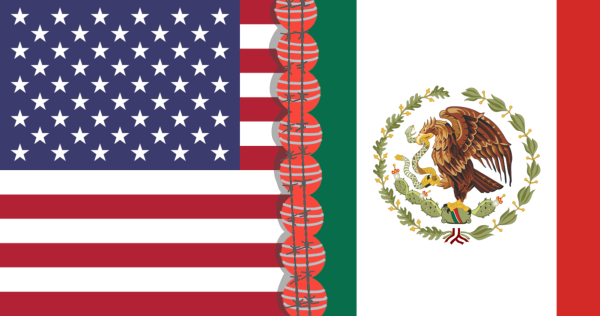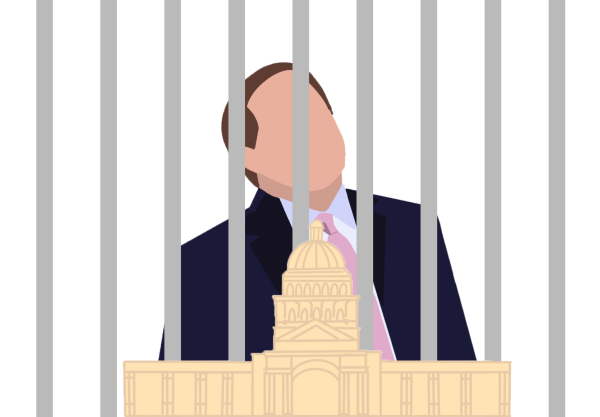Black Friday
People crowd the first floor of Macy’s department store as they open at midnight (0500 GMT) on November 23, 2012 in New York to start the stores’ “Black Friday” shopping weekend. AFP PHOTO/Stan HONDA
Black Friday is not only America’s busiest shopping day, but usually indicates that the beginning of the holiday shopping season is right around the corner. While Black Friday is not actually a national holiday, it is widely celebrated across the country as if it were. While most people partake in the festivities, few know how Black Friday tradition began.
While there are multiple theories concerning the origins of the retail holiday, some of which date back to the American slave trade, the actual beginning is rather simple. In the mid 1960’s police nicknamed the day after thanksgiving “Black Friday” because of the crowding of streets and shops in Philadelphia. Police officers were put on long shifts and assigned to street corners and intersections to try to improve the gridlock that the city was in. Traffic jams and cars lined up on curbs were not uncommon, and only added to the problem. After a few years, the term “Black Friday” spread across the country and was popularized by the media. Businesses, however, were not ecstatic about the term as they feared it had a negative connotation and worried that the name would discourage potential shoppers. A push was made to rebrand the day as “Big Friday” instead of the original term. This solution was, of course, unsuccessful as we still call it “Black Friday”.
Another explanation for the term arose in the 1980’s, and is the most commonly believed to this day: the idea that the name “Black Friday” came from the black ink used to record profits in a retailer’s accounting books. The theory went that most businesses made a net loss for most of the year and only became profitable on the Friday after Thanksgiving. This, however, is not true because this explanation popped up nearly 20 years after the tradition had begun. Another popular, and completely wrong, explanation for the name is that on the Friday after Thanksgiving slave traders would discount slaves. Not only is this theory not backed with evidence, the actual origin of the term came about roughly a century after the end of the slave trade.
The throngs of shoppers clamoring for “Black Friday” deals also make the day somewhat dangerous. In recent years multiple deaths and many more injuries have occurred on “Black Friday”. One of the most notable of these deaths was that of a Walmart employee who was trampled in 2009 by a crowd of shoppers looking for deals. Not to mention the hundreds of YouTube videos that are posted the day after “Black Friday” depicting retail combatants fighting over the last big-screen-tv, or Hatchimal.
While this is an important day for the economy, “Black Friday” has been encroaching on the day of Thanksgiving and pushing against the family friendly attitude of the season. Some employees are required to come in on Thanksgiving because businesses start “Black Friday” on Thanksgiving Day. Some think it’s time to reconsider the day of savings, or at least keep it civil and on Friday.

This is my third year on the Bagpipe staff and I was on the middle school staff for a year.
What do you do in your free time / what are your hobbies?
I enjoy reading and walking.
What is your favorite music genre?
Classic Rock
What is your favorite ice cream flavor?
Mint chocolate Chip



